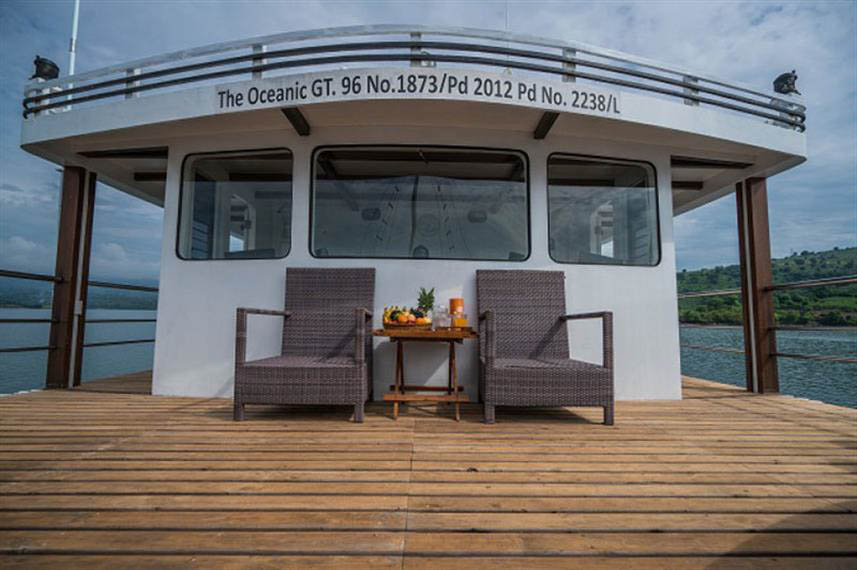The real risk of E. coli freshwater contamination is under the New Zealand spotlight, and now there’s a new game-changer solution on the way to revolutionise how Kiwis can take action in the national freshwater emergency.
Announced yesterday, 2017 WWF-New Zealand Conservation Innovation Award winner, Water Action Initiative New Zealand (WAI NZ) is developing a real-time water-borne E. coli contamination sensor that will give community members, regional councils and government a tool to monitor freshwater in real-time, providing immediate detection of increased E.coli levels so that swifter action, including early health warnings, can be taken. WAI NZ received a $25,000 Awards grant to fast-track their idea from concept to development, to maximize impact for conservation.
“Freshwater is the lifeblood of our country, as waterways are essential for the health of people, wildlife and economy,” said Livia Esterhazy, WWF-New Zealand’s Chief Executive Officer. “From multiple scientific reports and concerning incidences like the 2016 gastroenteritis outbreak of Havelock North, we know that our freshwater is being polluted and our rivers and lakes are in trouble. This is a crisis that needs a national-level response, including accurate and timely water monitoring. We believe that the Real-time E. coli Sensor will revolutionise how freshwater can be tested with wider benefits for ecosystem health.”
Behind the innovation is South Wairarapa-based WAI NZ, founded by farmer Grant Muir and his son, biologist James Muir. WAI NZ is a national grassroots organisation that aims to reduce freshwater pollution by using technology to empower the public to be freshwater guardians.
“Up until now testing for water borne E. coli has been time consuming and often ineffectual with results taking up to 48 hours to incubate in a laboratory,” James Muir said. “Our purpose-built design is a crossover of straight biology with cutting-edge innovative technology and the results are instant”.
Receiving the Conservation Innovation Award establishes a pathway to refining, developing and manufacturing the E. coli sensor with collaborative partners ESR (Institute of Environmental Science and Research),” Mr Muir said. “Developing and commercializing something as ground breaking as this requires a team effort and WAI NZ is welcoming partners and investors to become part of the team to take this idea through to development and commercialization.”
“We want to see all NZ rural and urban water catchments protected and enhanced for future generations, so winning this Award is such a boost with a pathway to refine, develop and manufacture the sensor”.
The 2017 Conservation Innovation Awards are supported by The Tindall Foundation, Department of Conservation, Callaghan Innovation, Predator Free 2050 and New Zealand’s Biological Heritage National Science Challenge.





